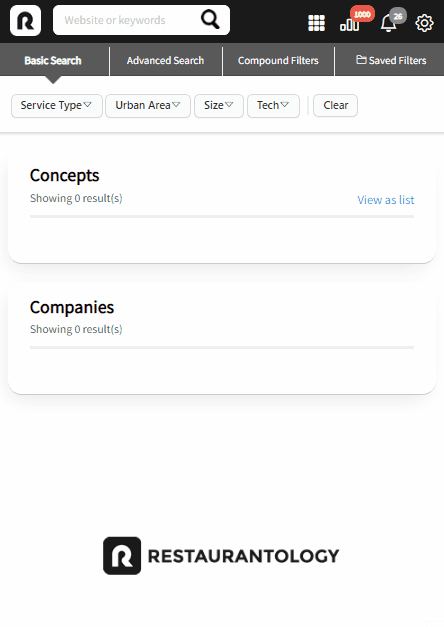Ownership and Franchises
Mapping a top-down ownership hierarchy to organize the chaos
Updated over a week ago
Who owns what?
Ownership of restaurant units can often be fragmented, difficult to understand, and at times flat out frustrating. Nonetheless, its often at the heart of a sales organization’s Rules of Engagement (ROE), so it’s important that we define ownership’s hierarchical relationship(s) as best as possible.
In most cases, restaurant unit ownership funnels up to a parent organization, such as, for example, an LLC. This organization may be a franchise who has purchased the rights to fully own and operate a well-known restaurant Concept, or may otherwise be an umbrella org over a variety of restaurant units, be they single-units or branded locations, that they own in their entirety.
In its simplest form, a single multi-unit Concept is owned by a clearly-identified parent organization who controls 100% of the units. This is considered a best case scenario, albeit rare. Franchises, who can often act independently from corporate when purchasing things like SaaS technology, make up a significant portion of the overall industry TAM.
Why is this important?
When an overarching Company is involved in restaurant unit ownership, many sales organizations choose to use the Company’s headquarters as one of the variables—alongside additional factors such as market segment, service type, etc.—in sales territory assignment, regardless of where the underlying physical locations actually are. By giving preference to the parent in an ownership hierarchy, all associated brands (and the subsequent franchisees) and controlled units are thereby tied to a centralized corporate office and, often, a larger market segment.
A real world example would be assigning Brinker International (1250+ units) to an enterprise-level sales rep, who, thus, is responsible for selling into both Chili’s and Maggiano’s Little Italy, even if Maggiano’s on paper is a Mid Market Concept with 50+ units. This rep would also be responsible for any/all pertinent franchisees.


